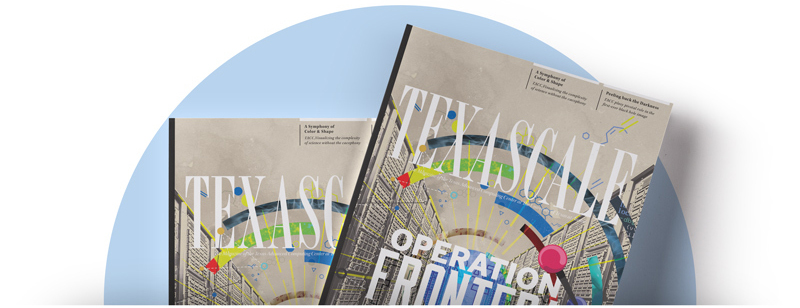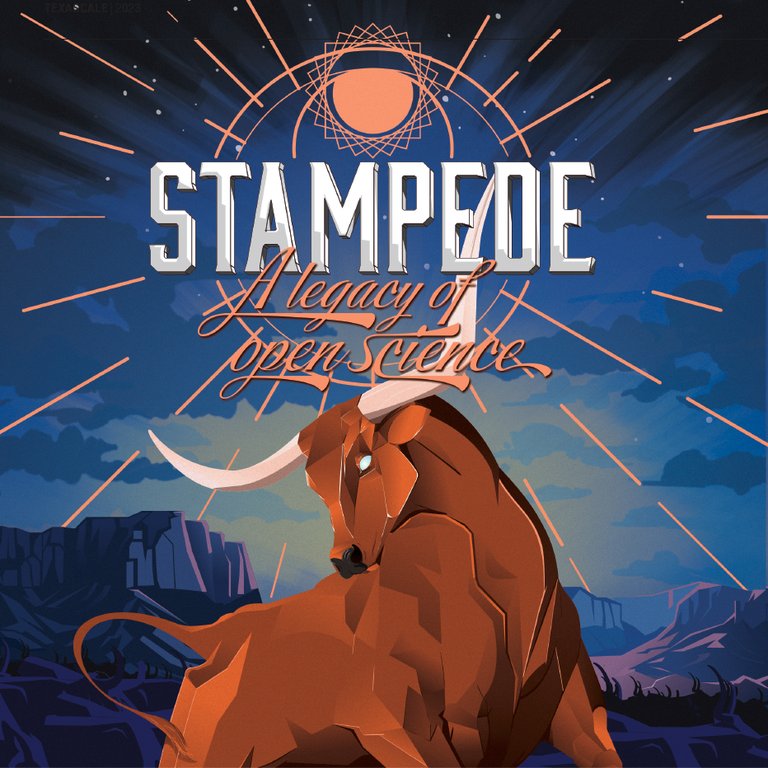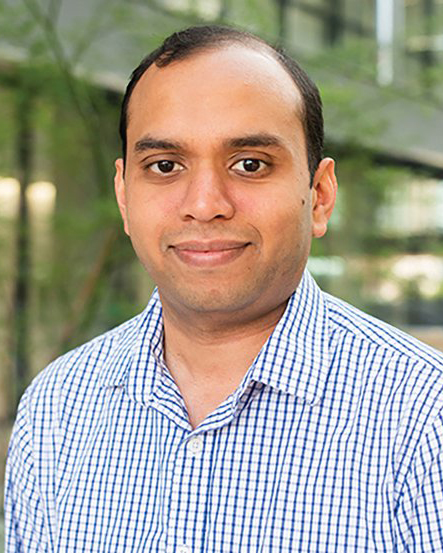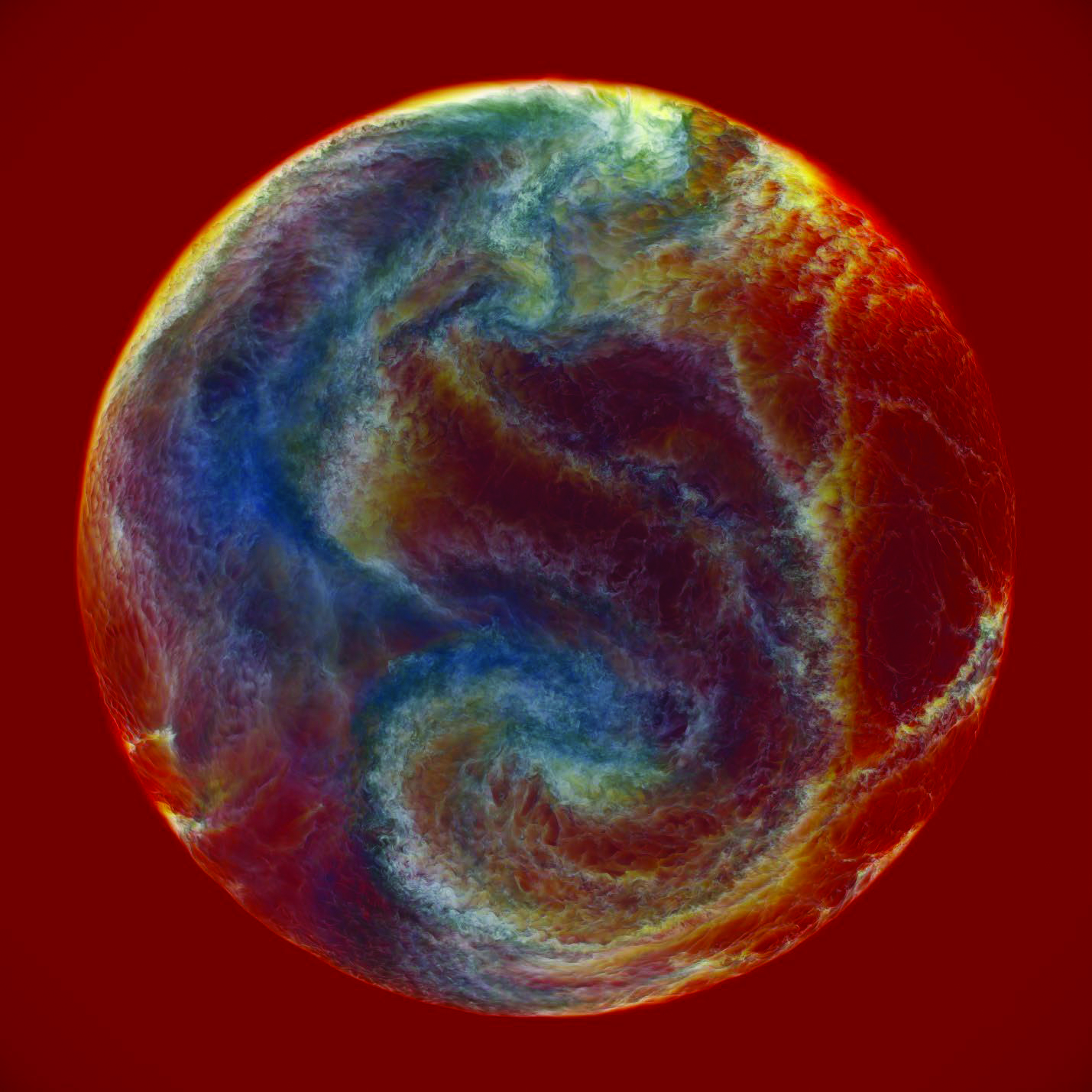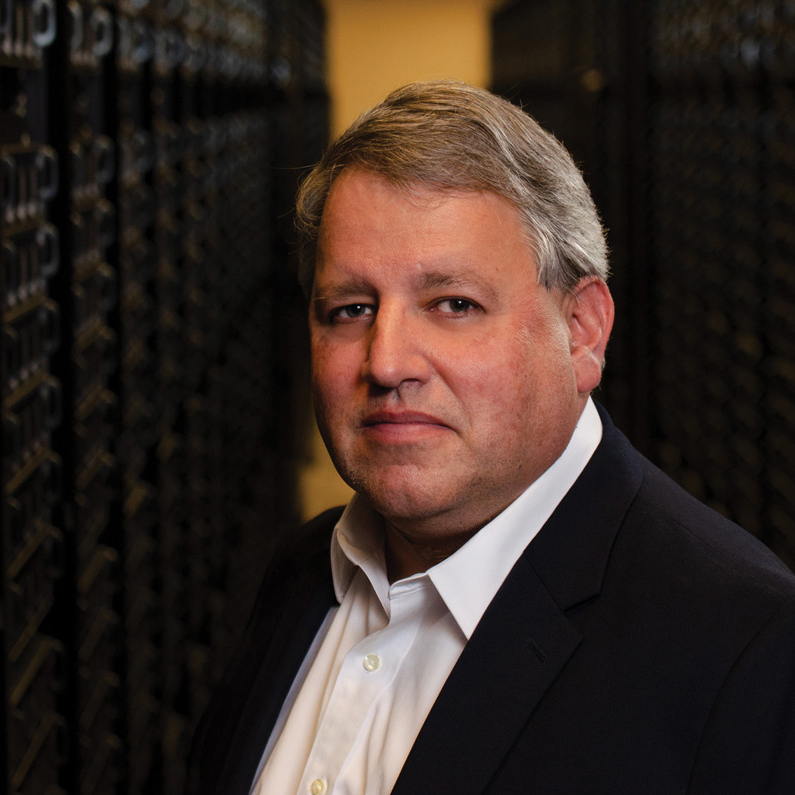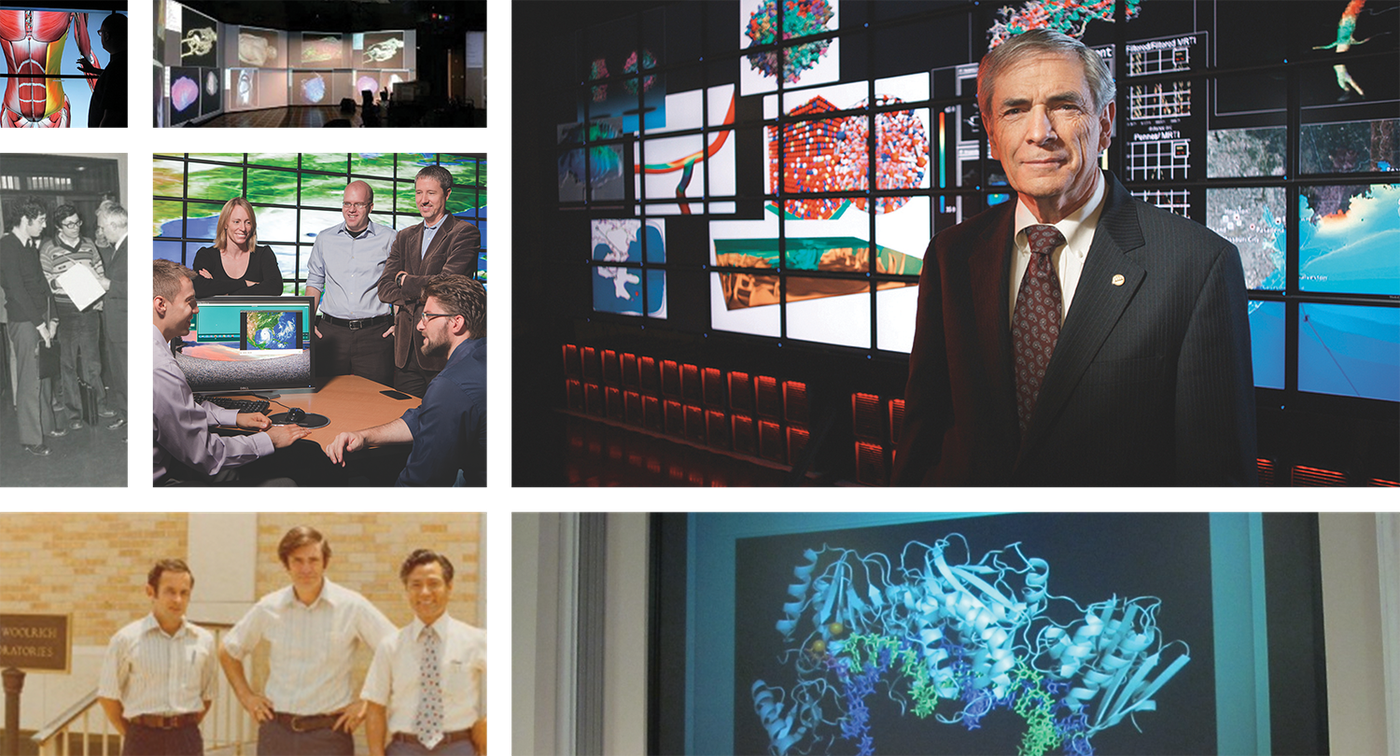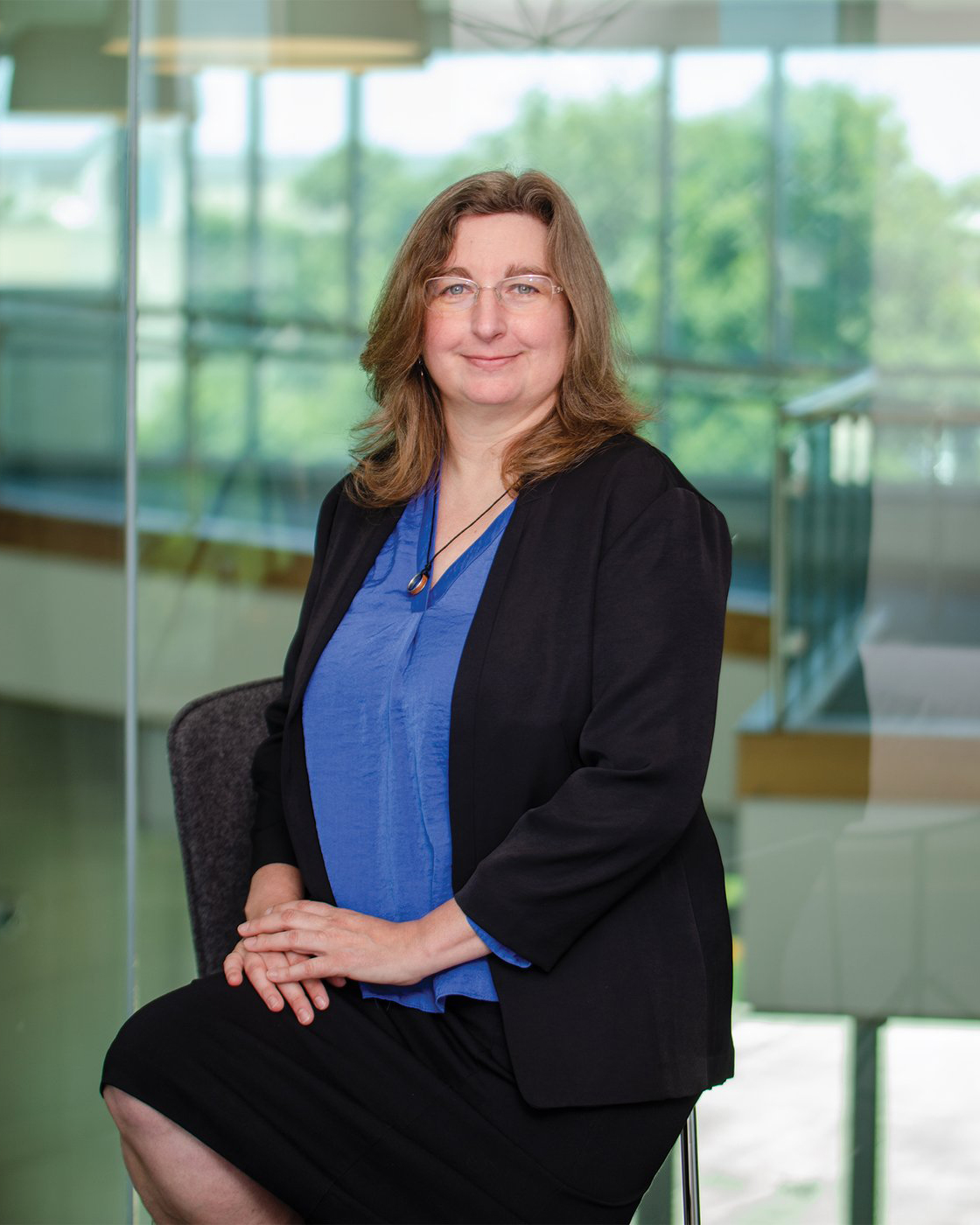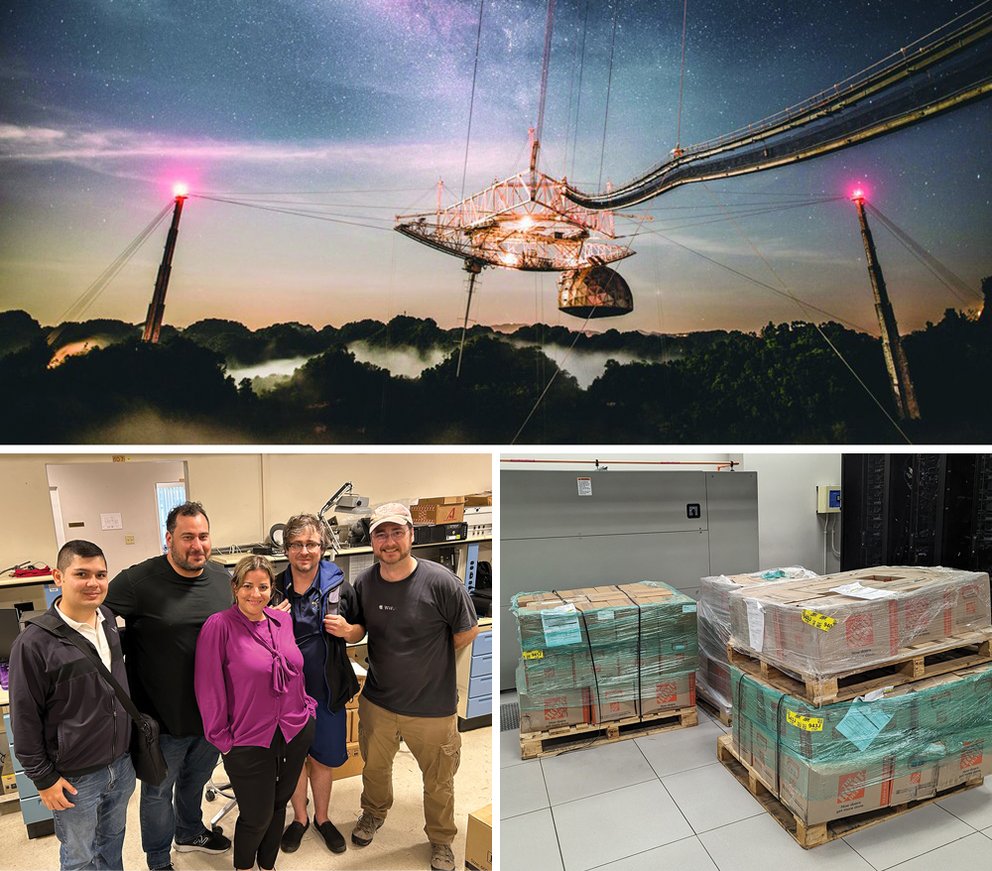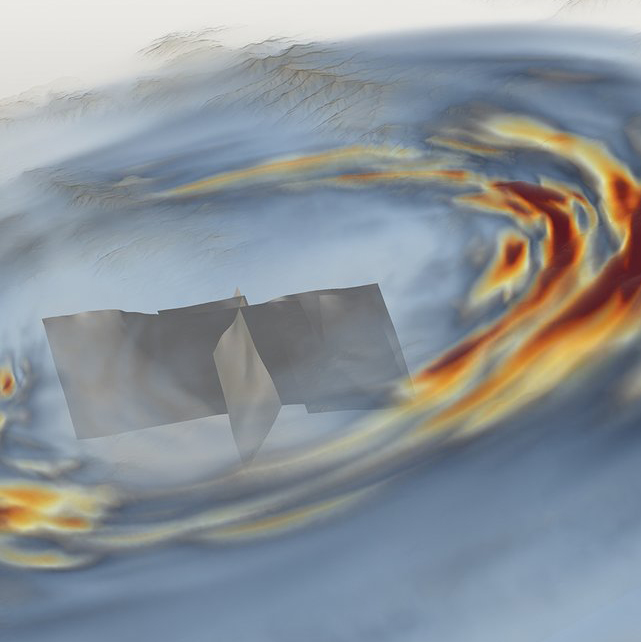Stampede: A Legacy of Open Science
NSF flagship systems move toward 19 years of large-scale computing impact
Letter from the Director
TACC Executive Director Dan Stanzione reflects on past year and new developments
A Powerful Vision: 50 Years of the Oden Institute
J. Tinsley Oden reflects on Institute’s 50th anniversary, early formation, and relationship with TACC
Data Movement Beyond Networks
Jennifer Schopf joins TACC as Director of Network Partnerships with the goal to expand support for researchers

Announcing Vista, TACC’s new AI-focused supercomputer
Vista will be a bridge to Horizon, the forthcoming system that will serve as the flagship of the NSF-funded Leadership Class Computing Facility (LCCF) planned for 2025.
Vista marks a departure from the x86-based architecture used in previous TACC systems. The new system is based on the energy-efficient NVIDIA “Grace” Superchip, the ARM-based processor designed for the needs of AI and scientific computing. The technology is named in honor of the pioneering computer scientist and U.S. Navy rear admiral Grace Hopper.
In addition, TACC has partnered with VAST Data to supply the file system with all-flash, high performance storage linked to Stampede3.
Learn more in the magazine: Vista: A Bridge to Horizon.
Visit us online or in person to learn how you can help us power discoveries and change the world.
